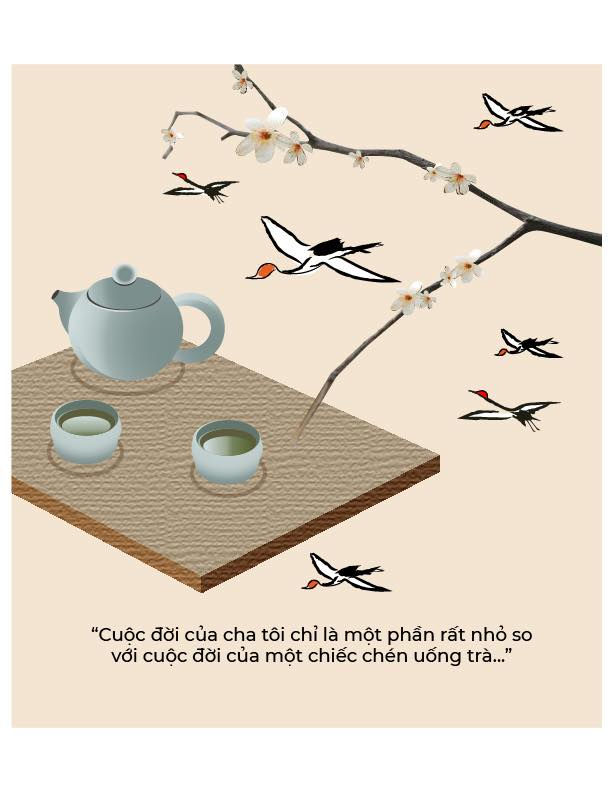|Thousand Cranes - Kawabata Yasunari|
- athinkingreedatr

- Apr 11, 2020
- 2 min read
I came to know of Kawabata Yasunari on a late evening in a library, and the first book of his I picked up was his Nobel prize awarding “Thousand Cranes”. It is profound and lingering akin to the emotions evoked by Nguyen Tuan’s lute. The gloominess of the arduous mountains along with the desolation of the sky seem to seep into the souls of the Japanese and their prodigal writers, which may explain why Japanese literature is so difficult to fully comprehend for me, especially the works of Kawabata Yasunari. Gentle yet deep and enduring, that is how I perceive “Thousand Cranes” The focus point throughout “Thousand Cranes” is Kikuji’s haunting torment. The story opens with him being invited to a tea ceremony by his late father’s ex-lover, Chikako, during the funeral. However, what thought to be a normal tea ceremony for bidding the father farewell turned out to be a matchmaking date. It was here where Kikuji met a girl of the Inumara household and Mrs. Ota (another ex-lover) with her daughter Fumiko. It was also here that dreams were woven. Delicately and elegantly, Kawabata narrated a story which are gloomy but not overly sorrowful. Similes and symbols flicker through the letters, adding to the brilliance of the story, all to leave me confused in my sleep looking for a way out. Similar to how Trang Chu dreamt of her as a butterfly only to find herself unsure of her true nature, a human or a butterfly? Similar to the firefly container at the end of the story, everything seems to still be there after waking up and the fireflies themselves were akin to “still being alive even til now” Closing the book, before my eyes laid the tea ceremony besides the bamboo shoots and sakura trees. I believe, after what happened, the cup was still there, so did the soul. Nothing changed at all, everything remained similar to the first encounter.

_______________
Contact us:
Email: athinkingreedatr@gmail.com
Website: https://bom.to/WlQU8J

![[ Topic for July : Books and Travelling ]](https://static.wixstatic.com/media/e2d443_4092441d0f8d450e8ee363aaf78c433e~mv2.png/v1/fill/w_960,h_960,al_c,q_90,enc_avif,quality_auto/e2d443_4092441d0f8d450e8ee363aaf78c433e~mv2.png)
![[ “MILLIONAIRE IN THE SLUM" - LUCKY OR TALENTED?]](https://static.wixstatic.com/media/e2d443_637437799cb940e593dd198cfa6d5102~mv2.jpg/v1/fill/w_960,h_960,al_c,q_85,enc_avif,quality_auto/e2d443_637437799cb940e593dd198cfa6d5102~mv2.jpg)
![[ THE LITTLE SISTERS - A Painful Love With Unease ]](https://static.wixstatic.com/media/e2d443_8b7cfe5508b646d4b38954886b41e293~mv2.jpg/v1/fill/w_960,h_640,al_c,q_85,enc_avif,quality_auto/e2d443_8b7cfe5508b646d4b38954886b41e293~mv2.jpg)
Comments